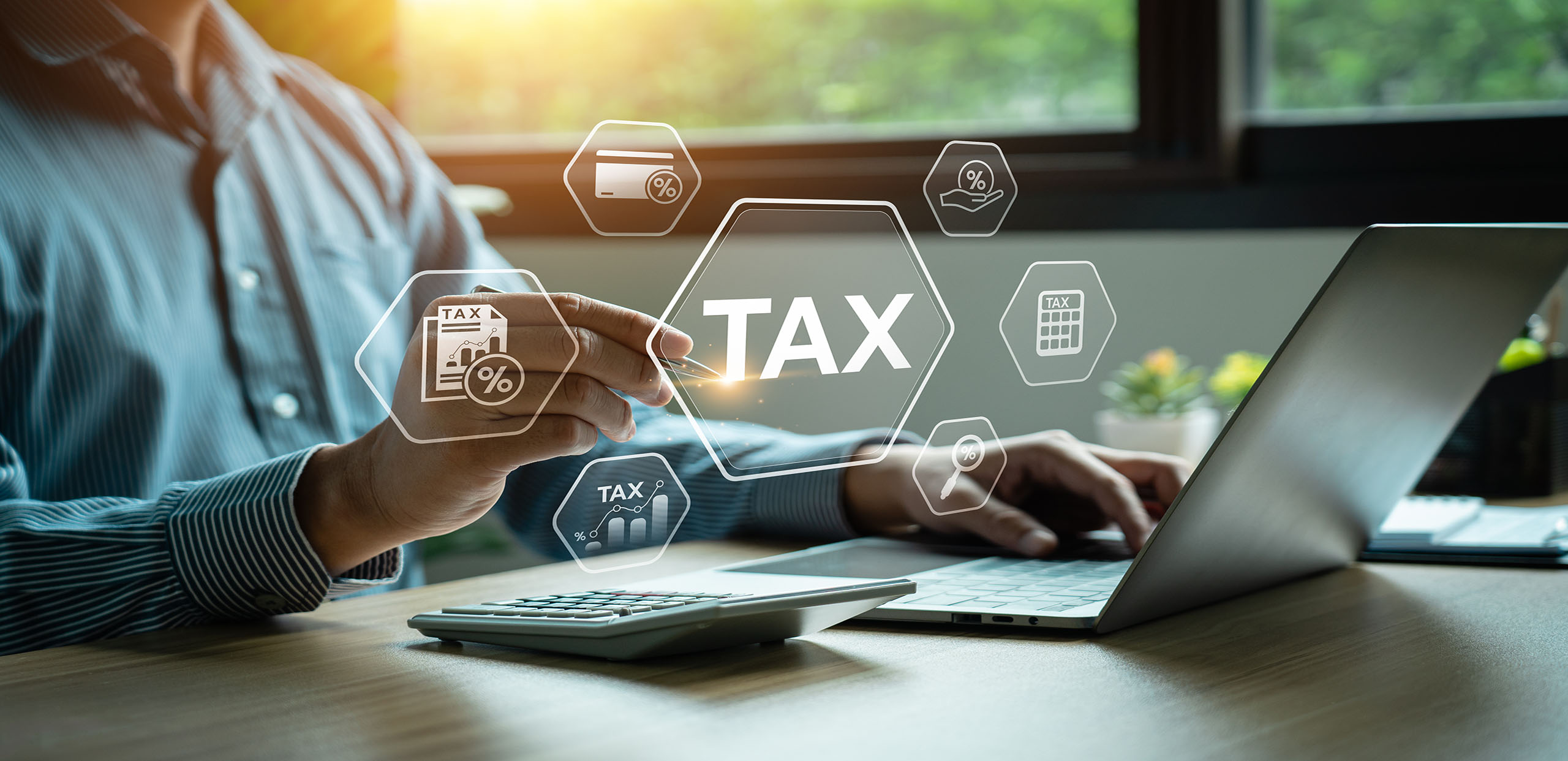Overview
From 10 June 2025, Buy Now Pay Later (BNPL) services will be fully regulated under the National Credit Code. This change means that BNPL providers must follow the same rules as other credit providers, including licensing, clearer disclosures, and formal dispute-resolution obligations. But what does this mean for you as a consumer? This post outlines what’s changing, why the laws are being introduced, and how they could affect your use of BNPL services.
Why Are Buy Now Pay Later Laws Changing?
BNPL has grown quickly, especially among younger Australians looking for flexible payment options. But concerns have emerged around affordability and rising debt. Until now, BNPL sat outside traditional credit regulations.
To tackle these concerns, the government passed the Treasury Laws Amendment (Responsible Buy Now Pay Later and Other Measures) Act 2024. This legislation brings BNPL under the National Credit Code. It’s supported by the Low Cost Credit Regulations 2025, which come into effect on 10 June 2025. These changes aim to improve consumer protections while keeping BNPL services available.
What This Means for You
Here’s how the reforms could impact you:
If you use BNPL platforms like Afterpay, Zip, or Humm, you’ll see some changes. These changes are designed to benefit and protect you.
Clearer Information: Providers must give you a Key Facts Sheet before you sign up, explaining exactly what you’re agreeing to.
Affordability Checks: Providers must check if the service is suitable for your situation and whether you can afford it.
Help if You’re Struggling: If you’re struggling to make payments, you must be offered a hardship process, similar to what banks provide.
Better Complaints Handling: You’ll be able to escalate complaints to the Australian Financial Complaints Authority for free.
Could Buy Now Pay Later Laws Affect Your Credit?
Yes, it might. Now that BNPL providers must carry out responsible lending checks and maintain detailed records, your usage could impact how other lenders assess you.
Here’s how to protect your credit profile:
Pay On Time: Late payments could make you look less reliable to lenders.
Don’t Overcommit: Just because you can access multiple BNPL services doesn’t mean you should use them all.
Track Your Spending: Think of BNPL as a short-term tool—not a long-term fix.
What Should You Expect After 10 June?
Your BNPL provider may soon ask for more personal or financial details. They might also update their terms and conditions. This is because they now need to:
• Be licensed by ASIC
• Join AFCA for external dispute resolution
• Follow new rules on affordability, disclosure and hardship assistance
These changes are designed to make BNPL safer, fairer, and more transparent.
Final Thoughts
BNPL isn’t going away. But from 10 June 2025, it will be treated like any other form of credit. These changes mean better protection, more transparency, and access to support when you need it.
However, BNPL use might also influence how lenders view your financial habits. If you plan to apply for a home loan, car loan, or personal loan in the future, be mindful of how you use these services.
Want to know how lenders assess your credit profile?
Speak to the team at Starling Capital to understand how your current habits could affect your future finance options.
Talk to the Starling Capital team today to learn more about how your current financial habits could influence your future finance options.
This article is intended for informational purposes only and does not constitute financial advice. Please consult with a professional adviser for personalised guidance.





